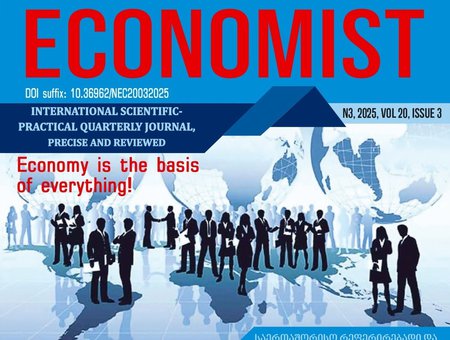1) European Commission. (2012). Study on the Economic Impact of Sport through Sport Satellite Accounts. DG Education and Culture. (While not the absolute latest, this remains a foundational document for SSA methodology in the EU context).
2) European Commission. (2020). The economic impact of COVID-19 on the sport sector in the EU. Publications Office of the European Union.
3) ECORYS for DG EAC. (2023). Study on the European Sport Model. Publications Office of the European Union.
4) Leontief, W. W. (1986). Input-Output Economics. Oxford University Press.
5) Miller, R. E., & Blair, P. D. (2009). Input-Output Analysis: Foundations and Extensions (2nd ed.). Cambridge University Press.
6) United Nations. (2008). System of National Accounts 2008 (2008 SNA). European Commission, International Monetary Fund, Organization for Economic Co-operation and Development, United Nations, World Bank.
7) Hwang, J., & Kim, H. (2019). An analysis of the Input-Output Table in the Sports Industry of Thailand. KUOJS, 27(1). (Specific example of I-O analysis for a country's sports industry).
8) Pigeassou, A. (2004). The economic impact of sport: Review and critical issues. Journal of Sports Economics, 5(2), 163-177. (Broader review of sport economic impact studies).
9) Weed, M., & Taylor, S. (2010). Sport and Leisure Management: A Global Perspective. Routledge. (May contain discussions on economic impact methodologies).
10) Wicker, P., & Breuer, C. (2012). The economic relevance of sports for municipalities. European Sport Management Quarterly, 12(4), 387-402. (Examples of sub-national level analysis that could involve I-O principles).
11) Deloitte Sports Business Group. (Ongoing). Annual Review of Football Finance. (Regularly updated reports with deep financial insights into football, often touching upon wider economic impacts).
12) Deloitte. (Ongoing). Global Sports Industry Outlook. (Annual reports providing an overview of global trends and financial projections in the sports sector).
13) PwC. (Ongoing). Sports Industry Outlook (various regional editions, e.g., North America, Middle East). (Annual reports focusing on industry trends, investment, and market growth).
14) KPMG Football Benchmark. (Ongoing). Football Clubs' Valuation: The European Elite. (Focuses on club valuations, but often includes broader market analysis).
15) Kereselidze, B. (2020). The Impact of the Sport Industry on the Economy. https://shorturl.at/7UHnN [In Georgian]
16) National Statistics Office of Georgia (Geostat) (2021). "Strengthening the Capabilities of the Statistical System of Georgia" (Expert Mission Report to Support Geostat: "Assessment of Geostat's Capabilities and Existing Difficulties in the Direction of Compiling Sports Satellite Accounts") [In Georgian]
17) National Statistics Office of Georgia (Geostat) (2024). Statistics Development Strategy. Strategy for the Development of the National System of Official Statistics for 2024–2027. https://shorturl.at/FAdLs [In Georgian]
18) Government of Georgia (2024). Government Program "Only with Peace, Dignity, and Welfare Towards Europe - 2025-2028" https://shorturl.at/pozH7 [In Georgian]



